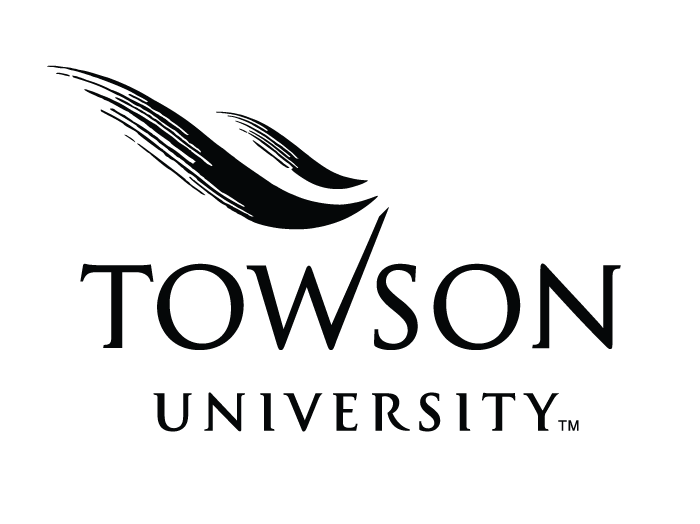Towson University is garnering national attention for its undergraduate program in middle school education. Maryland’s largest producer of teachers is the first public university in the state to offer the program.
Launched last year by the College of Education’s Department of Secondary Education, the major prepares its participants to meet the unique needs of students in grades 4 through 9. The major is a dual content program, so students choose to concentrate on any combination of English, social studies, mathematics and science, in addition to their education classes.
“We teach them to be really highly qualified in their content areas,” explained Molly Mee, associate professor and director of the program, in an interview with WBAL-TV. “So they’re experts in their subject area and they’re experts with this age group.”
Nancy Grasmick, the former superintendent of Maryland State Schools and current presidential scholar for innovation in teacher and leader education at Towson University, admits the challenges of teaching students in those crucial formative years.
“Middle school is a very significant developmental period in a student’s life,” she said. “We need teachers that understand not only the academic needs of these students but also their social, psychological and neurological dimensions.”
“In the past we’ve often put either too much emphasis on the social-emotional aspects of middle schoolers and insufficient emphasis on the academic needs, or vice versa. It is the combination of these parameters that will ensure student success.”
Walter Mills, former principal of Middle River Middle School and now a lecturer in the secondary education department, knows well the devotion necessary to teach in middle school.
“It takes a teacher with a lot of flexibility, the kind of person that can completely plan for anything, knows how to have no down time in the classroom and loves all the quirks, all the changes that adolescents go through,” he said.
“If you don’t have a passion for teaching middle school, you shouldn’t even attempt it,” agreed Mee. “These are students who really know that they want to teach middle school, and when they get out into the field, they really do a fantastic job.”
That hands-on experience comes early for the student interns, through innovative partnerships with regional schools that place them in the middle school classroom for multiple semesters.
“I like middle schoolers because I feel like they start to really develop their genuine interests,” said Alison Baily, a TU student. “You can really have meaningful conversations about things they’re experts in already.”
